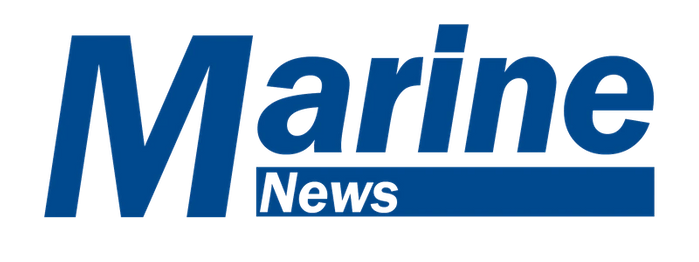Inland
Waterways Infrastructure
20 Years of Success and Still More to Come
After two decades, Waterways Council, Inc. continues its mission to advocate for users of America’s vital inland waterways transportation system.
By Tracy Zea, WCI President/CEO
Waterways Council, Inc. (WCI) recently held its annual Washington, D.C. meetings that included a Capitol Hill fly-in. WCI members from across the country participated in 100 meetings with House and Senate members to advocate for the nation’s inland waterways to ensure its reliability by modernizing its infrastructure.
Meeting with stalwart champions of the inland waterways as well as newly sworn in members of the 118th Congress to educate them about the system’s importance demonstrates democracy in action, and constituents carrying the message from home is crucial.
At the heart of the discussions with Members of Congress were WCI’s 2023 priorities:
-
Secure Fiscal Year (FY) 2024 Energy and Water Development (E&WD) appropriations for the full amount supportable by annual diesel fuel tax receipts deposited into the Inland Waterways Trust Fund (IWTF), and any additional funding needs from the balance of the IWTF under the cost-share established in the Water Resources Development Act (WRDA) of 2022;
-
Obtain one new construction start as recommended by the Inland Waterways Users Board 2022 annual report (Gulf Intracoastal Waterway (GIWW)-Brazos River Floodgates);
-
Obtain an investigations new start for Bayou Sorrel Lock;
-
Oppose additional tolling, lockage fees, or other harmful charges for users of the inland waterways system.
WCI members also requested a $120 million Community Project Funding (earmark) for the Navigation and Ecosystem Sustainability Program (NESP) that would provide $70 million for navigation improvements and $50 million for ecosystem restoration programs. In fact, the groundbreaking ceremony for NESP’s Lock 25—funded in the Infrastructure Investment and Jobs Act—has been announced for May 18. This represents real, tangible progress on the inland waterways. Additionally, WCI called for $50 million for the Lower Monongahela locks 2,3, and 4 project to be “funded to completion,” and $260 million to fund to completion of the GIWW-Brazos River Floodgates.
In the 118th Congress, after Committee and Subcommittee Chairs and Ranking Members have been named, the inland waterways continue to have leaders who well understand the important needs of the system. To name just a few, Rep. Sam Graves (R-Mo.) chairs the House Transportation and Infrastructure Committee. Rep. Chuck Fleischmann (R-Tenn.) chairs the House Appropriations Energy and Water Development Subcommittee. Sen. Shelley Moore Capito (R-W.Va.) remains Ranking Member of the Senate Environment & Public Works Committee.
This year, as WCI celebrates its 20th year, we will continue to work with all members of Congress, communicating the importance of the inland transportation system to them, to the White House, the Office of Management and Budget, and the news media to deliver results for our members and stakeholders who rely upon an efficient, modern waterways. And we will continue to partner with the U.S. Army Corps of Engineers and work with the Inland Waterways User Board to further lock down our path forward for success in 2023 and for generations to come.
About the Author:
Tracy Zea is president & CEO of the Waterways Council, Inc., a national organization that advocates for a modern, efficient and well-maintained inland waterways, including lock and dam infrastructure, and channel maintenance.
